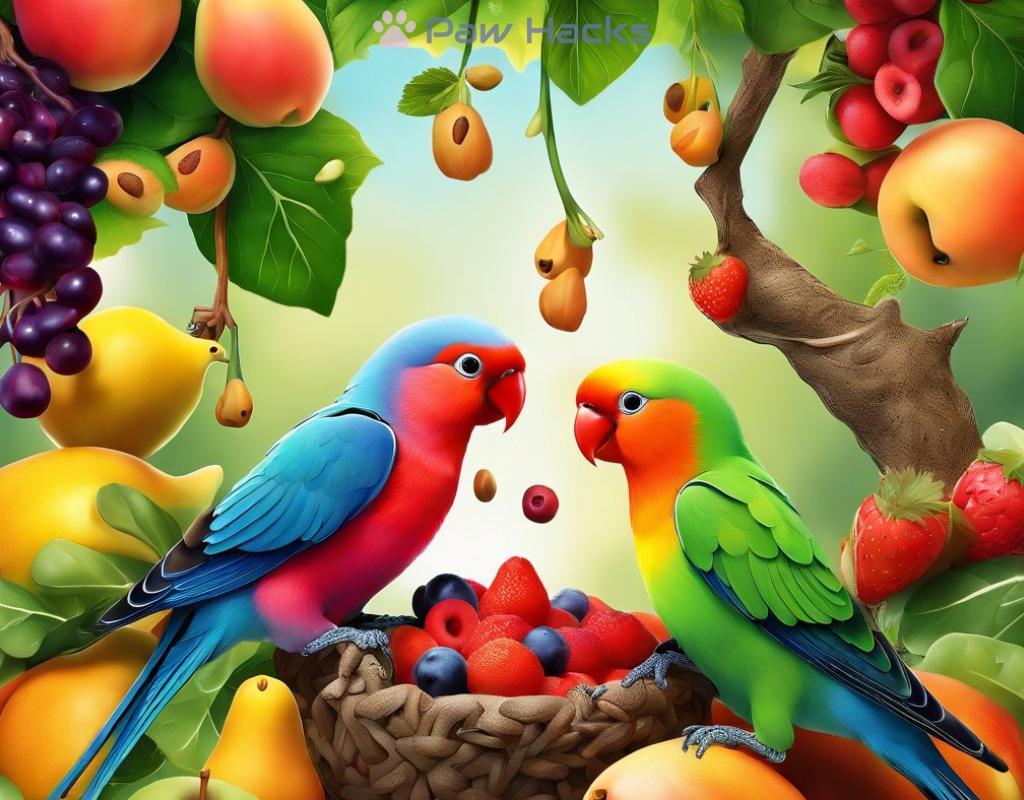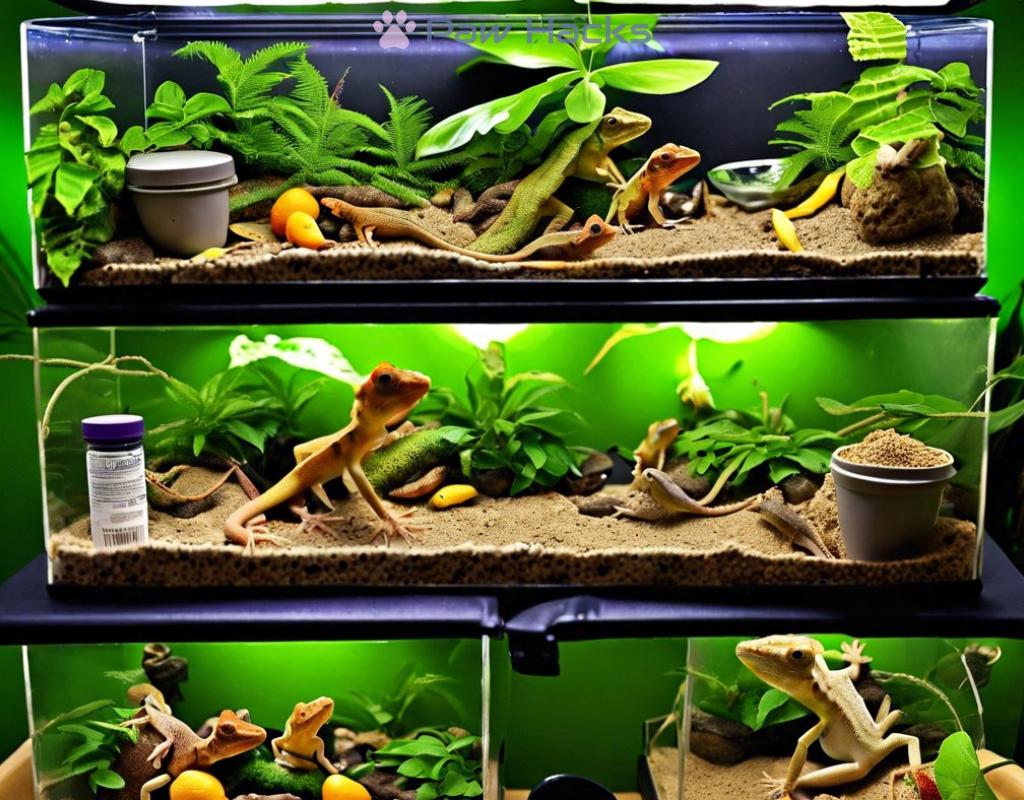Feeding Guidelines for Chinchillas
Essential Nutrients for a Healthy Diet
Chinchillas have unique dietary requirements that differ from other small pets. It’s crucial to provide them with a balanced diet to ensure their health and longevity. The right mix of hay, pellets, and treats can make all the difference. Here’s what you need to know about the essential nutrients that should be included in your chinchilla’s diet.
Key Nutrients:
- Fiber: Vital for digestive health, fiber should make up the majority of your chinchilla’s diet.
- Protein: Necessary for growth and maintenance, but should be provided in moderation.
- Vitamins and Minerals: Important for overall health and immune function.
Choosing the Right Food
With so many options available, selecting the right food for your chinchilla can be overwhelming. It’s essential to choose high-quality products that cater specifically to their needs. Here’s a comparison of the primary food sources that are suitable for chinchillas.
| Food Type | Description | Benefits |
|---|---|---|
| Grass Hay | Timothy hay, orchard grass, or meadow hay. | High in fiber, promotes dental health, and aids digestion. |
| Pellets | Specialized chinchilla pellets. | Formulated with the right balance of nutrients. |
| Treats | Dried fruits or vegetables. | Use sparingly as a reward; high in sugar. |
Common Mistakes to Avoid
Feeding your chinchilla properly involves knowing what to avoid as much as what to include. Many owners unknowingly make mistakes that can affect their pet’s health. Here are some common pitfalls to steer clear of:
- Feeding too many treats, especially sugary ones.
- Using rabbit pellets instead of chinchilla-specific pellets.
- Neglecting to provide fresh hay daily.
Share this content:



